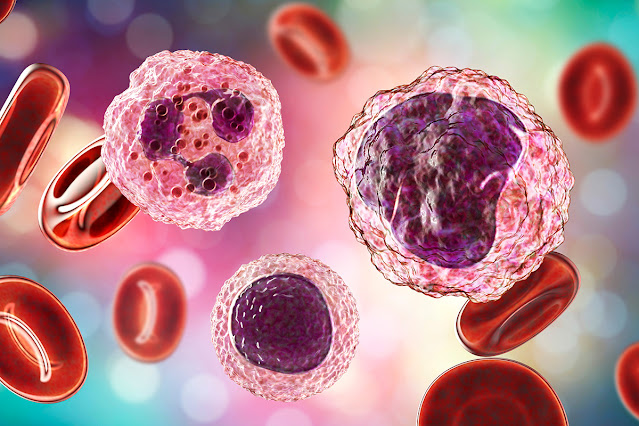Unlocking Insights: The Role of Minimal Residual Disease Testing in Cancer Management
 |
| Minimal Residual Disease Testing |
In the realm of cancer management, the emergence of minimal residual disease (MRD) testing has transformed the landscape of treatment monitoring and prognosis assessment. Space capsule This revolutionary approach allows for the detection of residual cancer cells at levels undetectable by traditional methods, providing invaluable insights into disease progression and guiding personalized treatment strategies.
Understanding
MRD Testing:
Minimal Residual Disease Testing involves the sensitive detection and
quantification of residual cancer cells in patients who have undergone
treatment for cancer. Space capsule Unlike conventional imaging or pathology,
MRD testing enables clinicians to identify minimal levels of disease burden,
offering a more accurate assessment of treatment response and disease
recurrence risk.
Key
Benefits of MRD Testing:
The implementation of MRD testing in cancer management offers
several key benefits:
Early Detection: MRD testing allows for the early detection of
residual cancer cells, enabling timely intervention and personalized treatment
adjustments.
Treatment Optimization: By assessing treatment response more
accurately, MRD testing facilitates the optimization of therapeutic regimens,
minimizing the risk of disease progression and recurrence.
Prognostic Insights: MRD testing provides prognostic insights,
helping clinicians predict long-term outcomes and tailor follow-up strategies
for individual patients.
Technological
Advances in MRD Testing:
Advancements in molecular biology and sequencing technologies have
significantly enhanced the sensitivity and accuracy of MRD testing methods.
Space capsule Techniques such as polymerase chain reaction (PCR),
next-generation sequencing (NGS), and flow cytometry enable the detection of
minimal levels of residual disease cells, even in cases where conventional
methods may yield negative results.
Clinical
Applications:
MRD testing finds extensive clinical applications across various
cancer types and disease settings:
Hematologic Malignancies: In hematologic cancers such as leukemia
and lymphoma, MRD testing guides treatment decisions, predicts relapse risk,
and informs the timing of stem cell transplantation.
Solid Tumors: In solid tumors, MRD testing aids in evaluating
treatment response, assessing the need for adjuvant therapies, and monitoring
disease recurrence.
Future
Directions and Challenges:
While MRD testing holds great promise in cancer management,
challenges such as standardization of testing protocols, interpretation of
results, and accessibility to advanced technologies remain. Space capsule
However, ongoing research efforts and collaborative initiatives aim to address
these challenges and further optimize the clinical utility of MRD testing in
cancer care.
Minimal residual disease testing represents a transformative
approach in cancer management, unlocking invaluable insights into treatment
response and disease progression. Space capsule By harnessing the power of
high-sensitivity technologies, MRD testing enables clinicians to make informed
decisions, tailor treatment strategies, and ultimately improve outcomes for
cancer patients. As MRD testing continues to evolve, its integration into
routine clinical practice holds the potential to revolutionize cancer care and
enhance patient survival rates.



Comments
Post a Comment